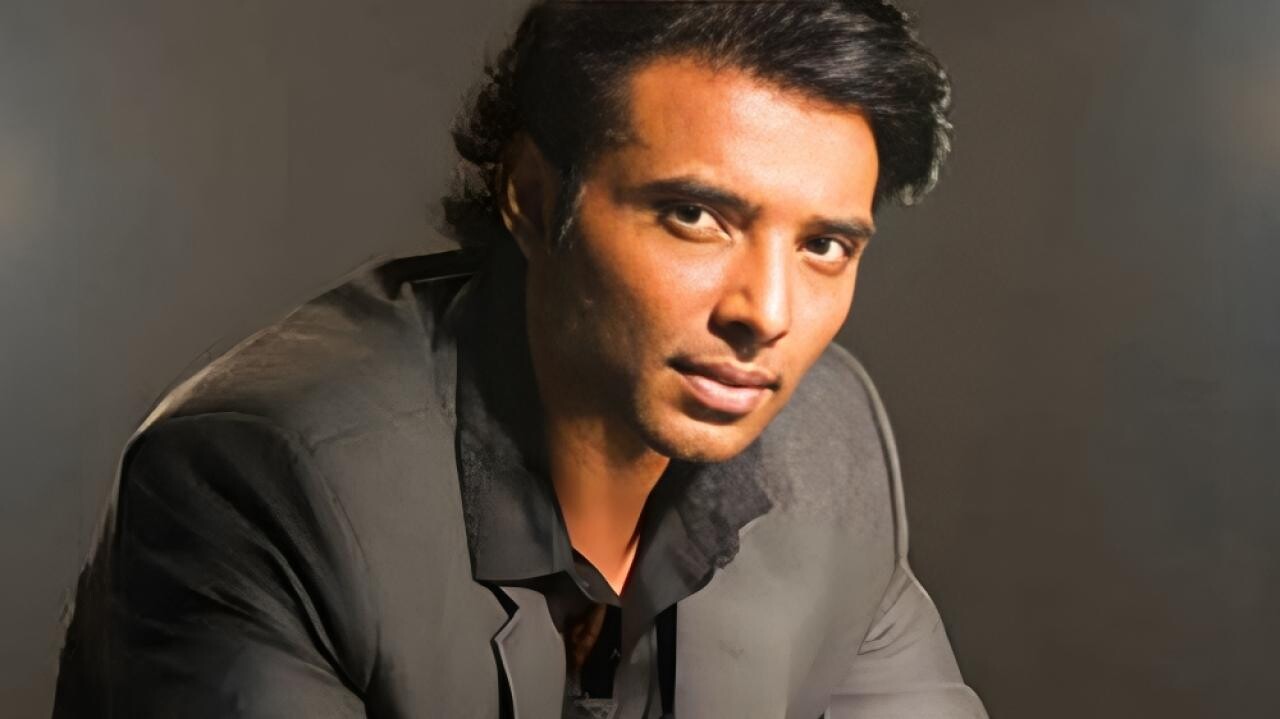
Uday Chopra has etched an indelible mark in the annals of Bollywood, particularly with his portrayal of Ali in the high-octane Dhoom series. Immortalized as a lovable sidekick, Uday Chopra’s Ali is a character that continues to resonate with audiences, encapsulating the actor’s adeptness in comic roles that have become synonymous with his on-screen persona.
Chopra’s seamless transition from light-hearted comedy to more serious fare speaks to his flexibility as an actor. Venturing beyond the familiar terrain of the Dhoom series, he embraced a variety of roles that demonstrated his range and commitment to his craft. His performances in movies like ‘Mere Yaar Ki Shaadi Hai’ and ‘Neal ‘n’ Nikki’—though met with mixed commercial success—exhibited his willingness to experiment and push the boundaries of his acting capabilities.
Uday Chopra’s contributions to cinema extend far beyond his roles in front of the camera. Employing his talents behind the scenes, he ventured into producing and directing, which unveiled another facet of his artistic vision. Projects such as ‘Pyaar Impossible’ and the international film ‘Grace of Monaco’ are testaments to his ambitions, despite their varied reception. These forays into production and directing might not have garnered widespread acclaim, but they were clear indicators of Chopra’s dedication to exploring the intricate world of storytelling.
In his more recent endeavors, Uday Chopra appeared in the documentary ‘Romantics,’ where he offered a lens into his experiences with other titans of Indian cinema such as Amitabh Bachchan and Shah Rukh Khan. Reflecting on the early 2000s, during which the Dhoom series redefined action comedies for Bollywood, Uday recounted his aspirations to be recognized as a leading actor. With hindsight, he expressed an appreciation for characters such as Ali—roles that arguably showcased his talents most effectively.
One of the more poignant discussions Chopra engaged in involved his perspective on the thorny issue of nepotism—a topic that has triggered much debate in the industry. Uday bravely confronted the criticism head-on, acknowledging the privileges but also the pitfalls associated with being the progeny of a film dynasty. He admitted to the initial naivety that led him to believe his lineage would be universally welcomed, and he shared the personal impact of wrestling with the industry’s scrutiny and the weighty label of “child of nepotism.”
Uday’s honesty in navigating these complex conversations offered a glimpse into the man behind the characters—one shaped by both triumphs and obstacles. It unfolds a narrative of an artist who is continually learning, evolving, and striving to find his unique space within the cinematic landscape.
Even though Uday’s on-screen appearances have become less frequent, his legacy endures. Through characters like Ali and his entrepreneurial ventures behind the scenes, he remains an endearing figure among his fans and a respected peer in the industry. While his path has been circuitous, with high points and lows, Uday Chopra’s journey serves as a testament to the resilience required in an industry where every role, every film, is a fresh gamble.
Overall, the tale of Uday Chopra is one of enduring persistence. Through the reflections on his career, the candid admissions about industry politics, and the evolution from actor to creator, his narrative is one that offers valuable insights into the fabric that weaves together the vibrant, and often unpredictable, world of Indian cinema. It’s a reminder of the multifaceted challenges faced by actors as they balance their personal aspirations with the ever-changing tides of audience demands and industry expectations.










